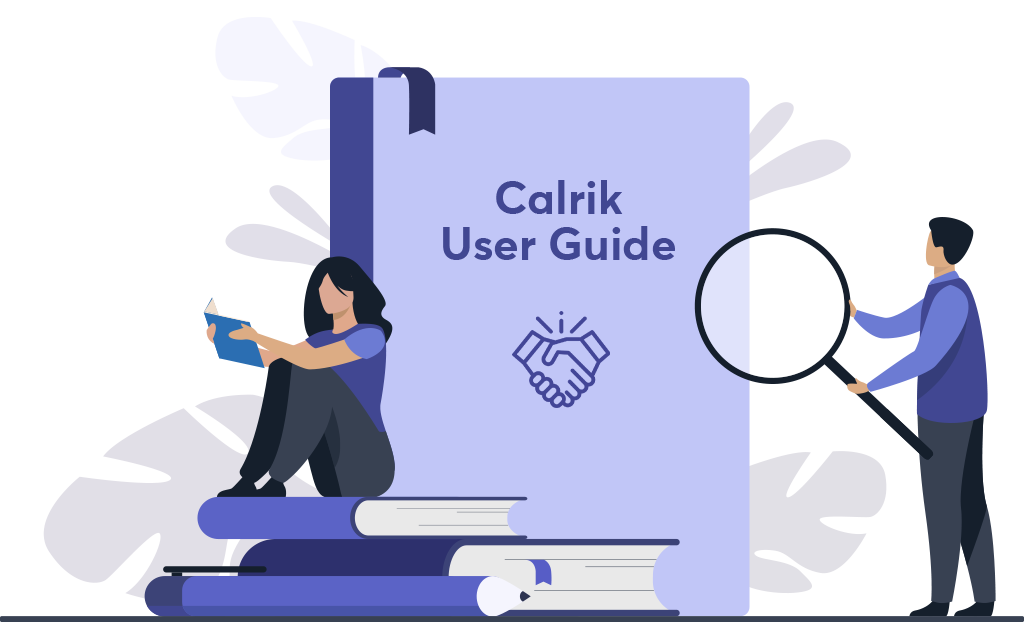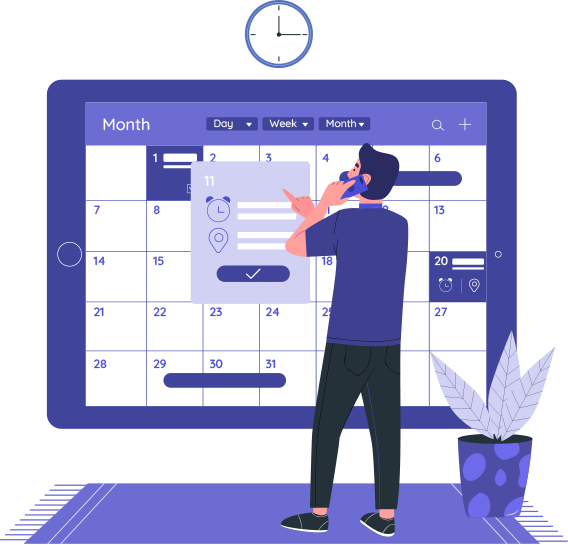In today’s fast-paced digital landscape, automation is revolutionizing how we manage time and resources. By 2025, automated scheduling will redefine productivity, customer engagement, and operational efficiency, becoming a cornerstone of modern business operations.
The Expanding Market for Automated Scheduling
The appointment scheduling software market is experiencing rapid growth, valued at $281 million in 2021 and projected to reach $633 million by 2025. This growth reflects the increasing need for businesses to streamline operations and reduce inefficiencies through automation.
Tools offering features such as real-time availability tracking and integration with calendars and conferencing software drive this market surge. Businesses are leveraging these platforms to enhance both employee productivity and client satisfaction.
Rising Consumer Adoption of Online Scheduling
Convenience is at the heart of the rising adoption of online scheduling tools. By 2025, over 700 million individuals are expected to book appointments online, a sharp increase from 500 million in 2021. This shift highlights the growing consumer preference for tools that simplify the scheduling process, saving time for both parties.Platforms that allow users to automate repetitive tasks, customize booking experiences, and integrate seamlessly with existing tools are increasingly popular, catering to the demand for streamlined scheduling experiences.
Business Benefits: Increased Efficiency and Reduced No-Shows
Automated scheduling tools are not just about convenience, they deliver measurable results. Businesses adopting these tools report a 26% increase in new customers, thanks to improved engagement and accessibility. Additionally, automated reminders have been shown to cut no-show rates by up to 90%, enabling businesses to maximize their revenue and resource utilization.
By integrating features like reminders and real-time analytics, scheduling tools empower businesses to focus on their core operations, leaving the mundane aspects of scheduling to automation.
AI-Driven Scheduling: The Next Frontier
The integration of Artificial Intelligence (AI) with scheduling systems is poised to be a game-changer. AI-powered scheduling tools can adapt dynamically to real-time changes, account for employee preferences, and consider external factors like traffic or weather. These capabilities ensure a smarter and more efficient scheduling process.
Moreover, predictive analytics enabled by AI allows businesses to anticipate customer behaviors and create personalized experiences, fostering long-term loyalty. Such innovations are expected to redefine scheduling as we know it.
Challenges and Opportunities in Automation
Despite its benefits, the adoption of automated scheduling comes with challenges, such as concerns around data privacy and security. These issues can be mitigated by platforms that prioritize robust cybersecurity measures and compliance with international standards, building trust among users.
A Practical Example
For businesses looking to adopt automated scheduling, tools like Calrik provide a practical solution. Known for its user-friendly interface and robust integration options, it simplifies the scheduling process while offering features like real-time availability and automated reminders. These capabilities make it a valuable asset for businesses aiming to stay ahead in a competitive landscape.
Conclusion
The future of automated scheduling is exciting, with advancements in AI, enhanced consumer adoption, and increasing business benefits driving its growth. Tools like Calrik are leading the way, demonstrating how automation can transform scheduling from a mundane task into a strategic advantage.From enhancing client engagement to optimizing workflows, automated scheduling is set to become a fundamental component of business operations in 2025 and beyond. As organizations embrace these tools, they position themselves for long-term success in an increasingly digital world.
Post Views: 3,999
Related Articles
Quick Guide to Use Calrik
Just getting started with Calrik? Great! Here’s a handy guide…
2X Productivity & Streamline Meetings Efficiently with Meeting Scheduler to Save Your Time
Have you ever noticed why advertisements and branding of food…
The Future of Work: How Automated Calendar Scheduling is Changing the GameThe Future of Work:
Imagine this scenario: it’s Monday morning, and as soon as…












